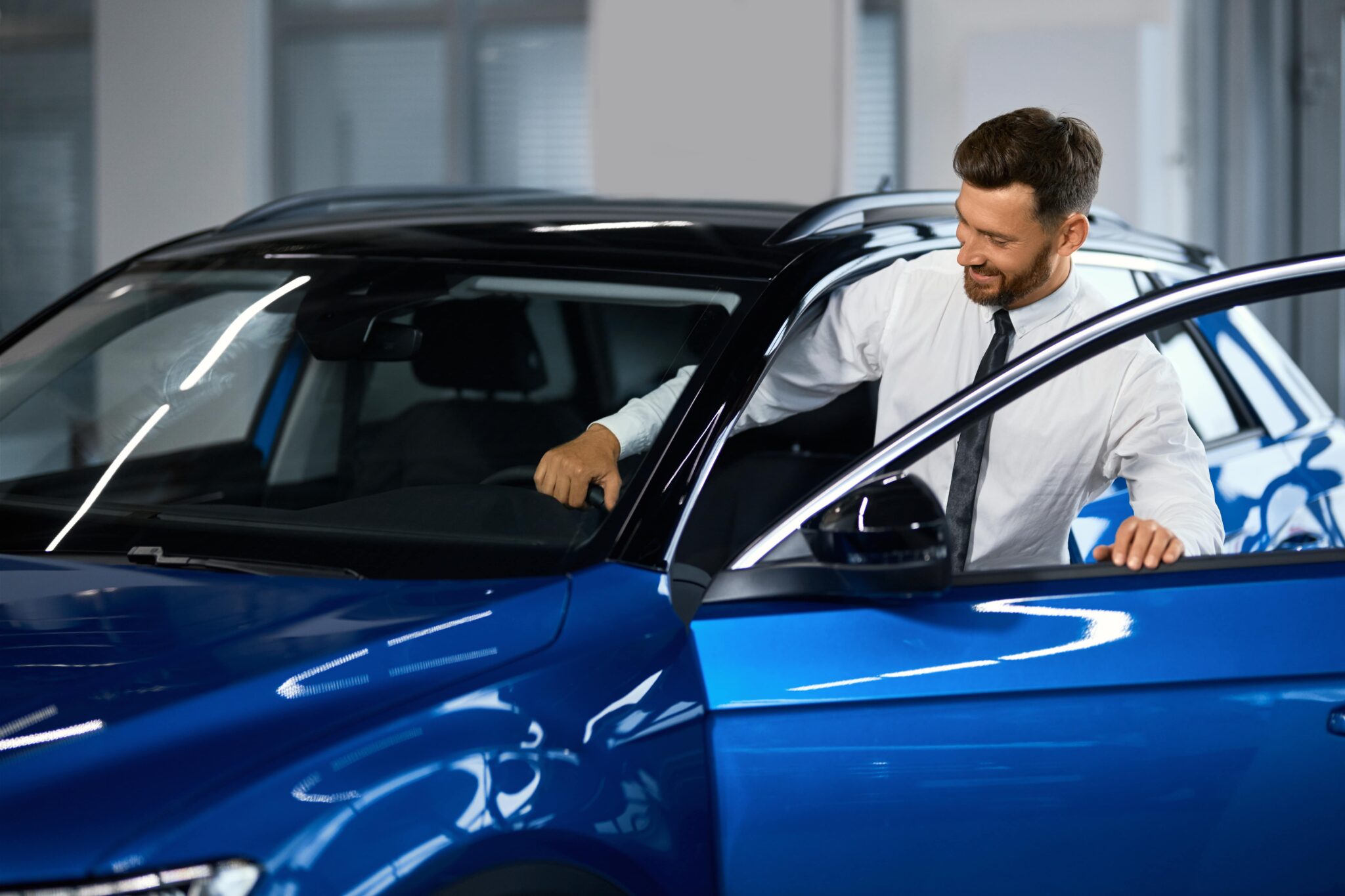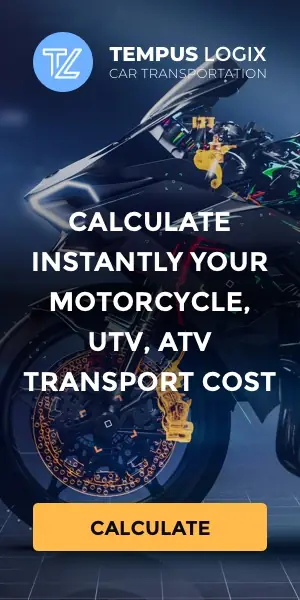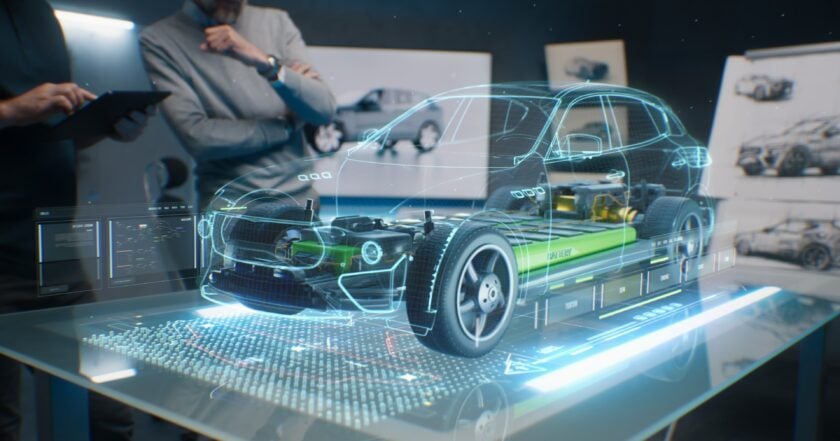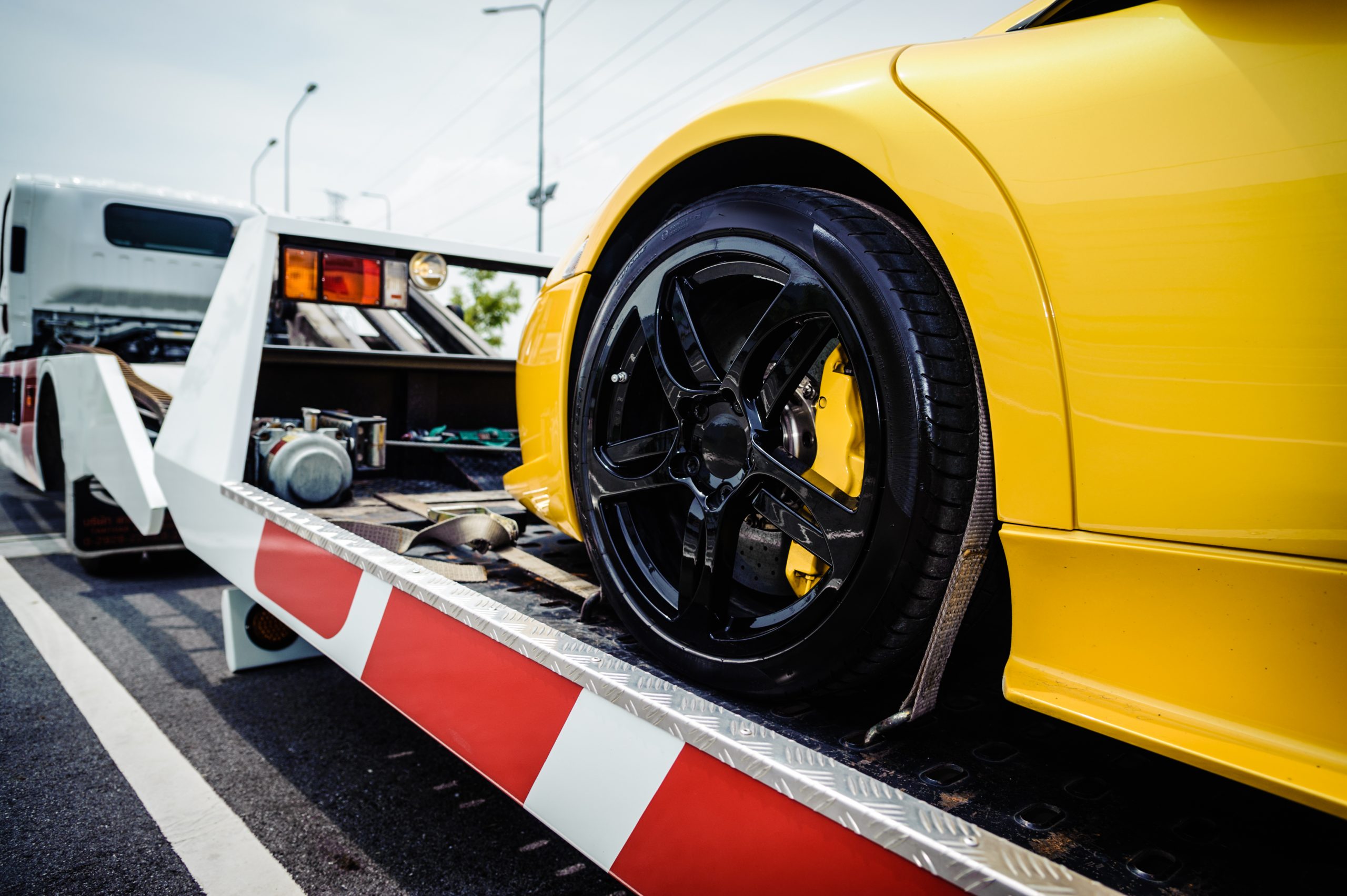Having the convenience of giving a car some driving orders and waiting for it to fulfill them while relaxing in the driver’s or even back seat has always been pure fiction. However, nowadays, driverless cars are turning into reality.
Despite driverless cars’ enchanted convenience, people are still conflicted about their reliability and efficiency. This article highlights driverless cars’ major pros and cons so readers can weigh them in, leaving determining their worth to readers’ judgment.
Driverless Cars Pros
Driverless car manufacturers and enthusiasts have been counting endless benefits and advantages of driverless cars, from which we mention the following:
Reducing Road Accidents
Many studies, including a major one conducted by the NHTSA, show that human errors and drivers’ behavior are responsible for around 94% of road accidents. The reasons behind these accidents are primarily fatigue, intoxication, and distractions related to using the phone or eating and drinking while driving.
However, the advent of driverless cars promises to address all these issues and reduce road accidents to a minimal level. These cars have exclusively advanced driver-assist technologies that allow for higher levels of autonomy, meaning the driverless cars can overtake the entire driving task.
Their advanced systems work together for a seamless driving experience and enhance the cars’ ability to accurately map out routes and interact effectively with other vehicles and road infrastructure, minimizing chances of committing mistakes and consequently having accidents.
Plummeting Car Ownership
Driverless cars are expected to cause a plummet in car ownership rates, especially if MaaS (Mobility as a Service) is adopted. MaaS will significantly revolutionize the transportation industry, promoting ride-sharing rather than car ownership.
Furthermore, MaaS will be a practical solution for those willing to shift to the driverless mode yet cannot afford a private driverless car. It is one of the major assumptions about how driverless cars will change some aspects of our lives.
That is not to mention how replacing privately owned cars with ride-sharing by driverless cars can save people considerable costs of maintaining a car.
Improving Overall Life Quality
One of the greatest powers of driverless cars is their proven efficiency in saving time, fuel, and money.
Thanks to their smart systems, driverless cars can manage traffic congestion better than human drivers, saving fuel and reducing emissions released to the environment. This will also reduce our carbon footprint and enhance sustainability.
Moreover, driverless cars are very likely to drive themselves back home or to their designated location, which results in lots of parking spaces that can be made use of by expanding green spaces and parks.
Driverless Cars Cons
The following are some of the top disadvantages of driverless cars:
Risks of Hacking into Driverless Cars
Driverless cars completely rely on the same network protocol to communicate and coordinate with each other. While this technology accounts for a maximized driver experience, it also exposes the cars’ occupants to serious risks that threaten their personal safety.
Shared networks are usually vulnerable to hacks, raising concerns for the vehicles’ security as hackers could break into the network system and cause the car to make mistakes that could lead to a crash.
Expensive Initial Costs
Owning a smart driverless vehicle is not a viable option for many people because its prices are pretty prohibitive to the average family. Even though there are many endeavors to enhance their cost-effectiveness, they still cost hundreds of thousands of dollars.
The high prices of driverless cars are a major handicap that prevents people from adopting this technology and promoting its use.
Complicated Regulatory Issues
Driverless cars are expected to trigger several changes in the legal sector. However, things may become mistier as it will be hard to tell who would be held responsible if an accident occurred. The same issues will arise with insurance claims, with nobody accepting responsibility should a negative event happen with the car.
Driverless Cars and Car Shipping
Driverless cars will majorly influence various industries, and car shipping is no exception. Stakeholders have shown optimism about adopting driverless cars, promising more efficient work processes. Similar to transforming the transportation system we know today, driverless cars will change several aspects of the shipping industry, such as:
- Increasing efficiency and reducing costs: Driverless cars can operate longer hours without breaks or rest, significantly increasing efficiency and reducing labor costs and transportation time. Incorporating these vehicles into the car shipping industry will make extra express delivery possible.
- Optimizing cargo safety: Driverless cars can perceive and react to the environment around them much faster and more accurately than human drivers, potentially reducing accidents and improving overall safety. They can also communicate with each other, allowing them to enhance movements and avoid collisions.
- New business models: Driverless cars could enable new business models for car shipping, such as on-demand car delivery services or self-driving car rental services. These new models could expand the scope of the car shipping industry and create new revenue streams.
Tempus Logix is a professional car shipping company in the United States that strives to invest in the best technology for optimized and highly efficient services. The company ships all vehicles nationwide with a network of experienced and adequately insured carrier drivers.
Conclusion
The future holds many unknown secrets regarding how far driverless cars can go to improve our transportation systems and simplify commuting. Though there are some concerning disadvantages of driverless cars, they still create big opportunities for a new phase of easy and efficient road trips no matter how far the distance is.










